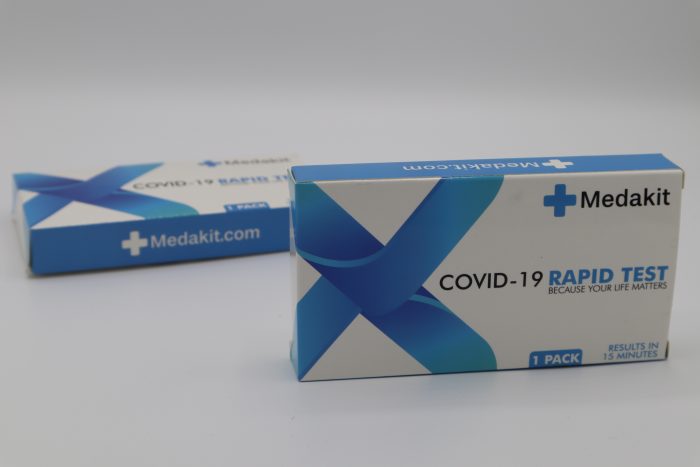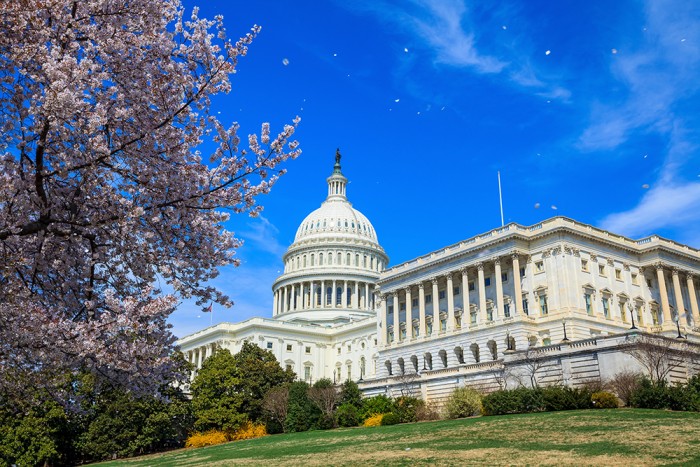PA L&I Soliciting Public Comment on the PA Workforce Innovation and Opportunity Act

[51 Pa.B. 7805]
[Saturday, December 11, 2021]
Some disability areas for possible commentary include:
- OVR: District Offices, Pre Employment Transition, Services, under/un served populations (specific disabilities of groups; ESL issues (Spanish, Chinese, Russian languages, etc.), collaboration with other state agencies (PA DHS for OLTL, OMHSAS and ODP populations; PDE-Bureau of Special Education);
- PA Career Links (including physical & programmatic accessibility, which are required under the Federal WIOA passed in 2014 with 2016 regulations put forth);
- Home or vehicle modifications (policies, process, and waiting lists);
- Deaf Blind Services (SSP), which are state funds only at this time (no federal funding); and
- Movement away from sheltered workshops and segregated employment settings towards competitive employment per Federal guidance put forth earlier this year.
You can also see more from the Federal Department of Education Rehabilitation Services Administration (RSA) on what they are looking for from states.
PA to Expand Adolescent SUD Treatment Services – RCPA Members BHARP, NBHCC, & CCBH Issue RFP
Pfizer Pill Becomes 1st US-Authorized Home COVID Treatment
Where, When Can You Get At-Home COVID-19 Rapid Test Kits?

OCYF Updates CPSL Law
ANCOR Capitol Correspondence: BBB Act Negotiations to Continue Into 2022
The fate of the Build Back Better Act, which contains historic funding for Medicaid Home and Community Based Services (HCBS), became increasingly precarious after a series of events unfolded last week. Despite Senate Majority Leader Chuck Schumer’s aspirational plan to move the bill to the floor by Christmas, President Biden conceded that negotiations over the bill would continue into 2022 following stalled talks between the White House and Senator Joe Manchin (D-WV).
Please read the full correspondence here.
Sixth Circuit Lifts Stay on OSHA Emergency Temporary Standard
Message from Gibbel Kraybill & Hess LLP:
On Friday evening, the Sixth Circuit lifted the stay on OSHA’s Emergency Temporary Standard (ETS). The ETS states that any employer with more than 100 employees must require its employees to either show proof of a COVID vaccination or submit to weekly testing and mask at all times when indoors. In the absence of a Supreme Court ruling to the contrary, the ETS will go into effect, and employers will be required to adhere to its standards. Read the article here.
GKH attorneys are closely monitoring the COVID-19 crisis and will continue to post updates and resources for individuals and businesses.
DHS Discusses Spending Plan for HCBS Enhanced Federal Funding
Message from the Department of Human Services (DHS):
FOR IMMEDIATE RELEASE
December 20, 2021
Department of Human Services Discusses Spending Plan for Home and Community-Based Services Enhanced Federal Funding to Support Mental Health Services, Children
Harrisburg, PA — Pennsylvania Department of Human Services (DHS) today highlighted Pennsylvania’s spending plan for approximately $1.2 billion in enhanced federal Medicaid funding made available to states through the American Rescue Plan Act (ARPA). This funding will support Medicaid’s home and community-based services (HCBS) system throughout the commonwealth, which helps seniors, people with disabilities, children with complex medical needs, and many other groups safely live in their community among their family and peers. This funding will strengthen Pennsylvania’s home and community-based services system by allowing more Pennsylvanians access to critical services in their communities and supporting service providers that perform this work every day.
“We owe a huge debt of gratitude to the professionals who care for our most vulnerable, including children, seniors, people with disabilities, and those needing mental health services,” said Acting Secretary Meg Snead. “This enhanced funding through the American Rescue Plan Act will allow employers to recruit and retain skilled workers and allows them to plan for the future to provide training, certification, technology access, and much more.”
DHS received conditional approval of its spending plan on December 1 from the Centers for Medicare & Medicaid Services. On today’s call, DHS outlined how funding will be used through the Office of Mental Health and Substance Abuse Services (OMHSAS), the Office of Child Development and Early Learning (OCDEL), and the Office of Medical Assistance Programs (OMAP).
- OMHSAS will prioritize funding for workforce recruitment and retention to qualifying providers, specifically mobile crisis mental health services, intensive behavioral health services (IBHS), psychiatric rehabilitation, and family-based mental health services. While many mental health services are not considered HCBS under ARPA, within the parameters of this funding opportunity, OMHSAS also will invest in training clinicians in trauma-informed treatment modalities, technology and training for telehealth, and updating the state hospital system’s technology infrastructure and providing staff training for use of electronic health records to facilitate more efficient transitions to community-based placements and services.
- OCDEL supported a 3 percent rate increase for Infant/Toddler Early Intervention services, which allows all providers of Early Intervention services, including Service Coordination, to receive a 3 percent rate increase for services. This rate increase went into effect on July 1, 2021.
- OMAP will use the recommendations of its pediatric shift care nursing work group to inform ARPA spending with a focus on achieving the following goals: improve care and service coordination for children with complex medical needs; support training of private duty nurses; leverage health information technology to allow for the sharing of clinical information; use a value-based payment structure for managed care organizations to improve outcomes of children receiving pediatric shift care nursing services; and facilitate co-training opportunities for both shift nurses and families to help improve coordination, continuity, and support among caregivers.
“When we invest in the caring workforce, Pennsylvania benefits both socially and economically,” said Acting Secretary Snead. “Having care provided in your own home or within your community allows family caregivers to be part of the workforce themselves and it allows those needing home and community-based services to stay safe, healthy, and to thrive.”
More information about Pennsylvania’s home and community-based services spending plan is available on DHS’s website.
RCPA continues to meet with DHS advocating for members on the spending plan and distribution strategies to ensure the workforce issues are front and center of the plan. If you have any questions, please contact your RCPA Policy Director.
















